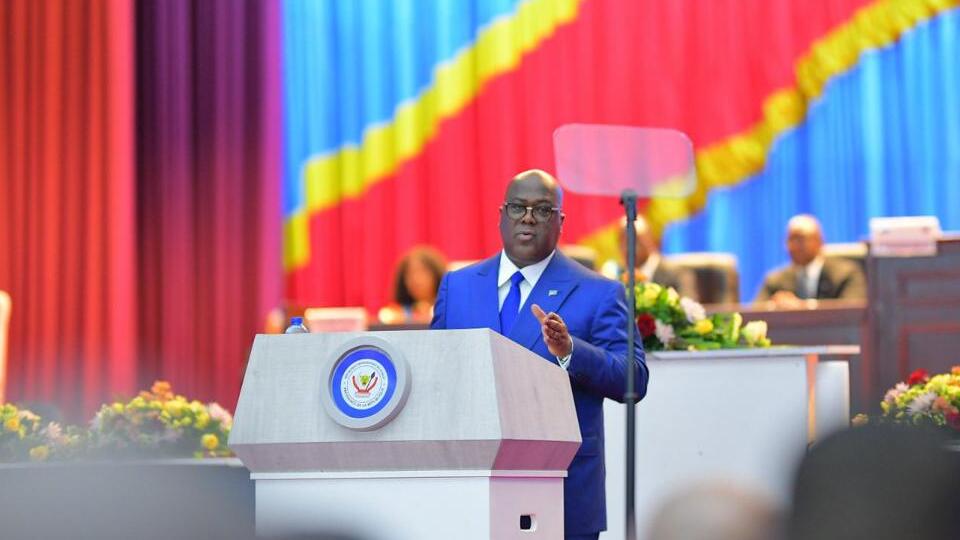
DRC-Rwanda Peace Agreement: Kigali loses its shadow war
A massive digital offensive, but without victory
Beyond the front lines, Rwanda had opened another theater of operations: that of information. For months, Kigali waged a sophisticated disinformation war, combining digital campaigns, relay media, and anonymous networks active on X, WhatsApp, and Telegram. The objective: to sow doubt, divide Congolese opinion, and discredit Kinshasa internationally. But this seemingly methodical strategy hit a wall.
Clarity against fog
Where Kigali attempted to saturate the space with contradictory narratives, Kinshasa responded with clarity. Led by Patrick Muyaya, Congolese communication opted for the register of pedagogy , continuity, and structured truth. This contrast played a decisive role: the expected confusion did not materialize. On the contrary, the Congolese discourse gained credibility, including in circles observing the crisis from afar.
A failure to turn opinion around
Kigali relied on weariness, suspicion, and internal divisions in the DRC to undermine the political and social front. By targeting the Banyamulenge and other eastern communities, the propaganda machine aimed to trigger an internal community divide. But this attempt to militiatize public debate failed. Kinshasa's unified, institutional, and inclusive response closed the door on this logic of fragmentation.
Kigali's strategic isolation
The consequences of this failed war are dire: Kigali emerges weakened, diplomatically isolated, and forced to sign an agreement that confirms its symbolic defeat. By agreeing to cease all support for the M23, Rwanda indirectly admits the accusation it denied. Washington's agreement thus becomes a scathing repudiation of its regional, military, and informational strategy.
The war of the image, lost by excess
By overdoing it, Kigali has revealed its hand. By saturating the space with contradictory narratives, manipulating community narratives, and locking itself into an offensive posture, the Rwandan regime has lost control of the narrative. What this conflict reveals is that in the age of networks, force is not enough. Conviction is required. And Kigali has lost that battle.



Leave a comment
This site is protected by hCaptcha and the hCaptcha Privacy Policy and Terms of Service apply.